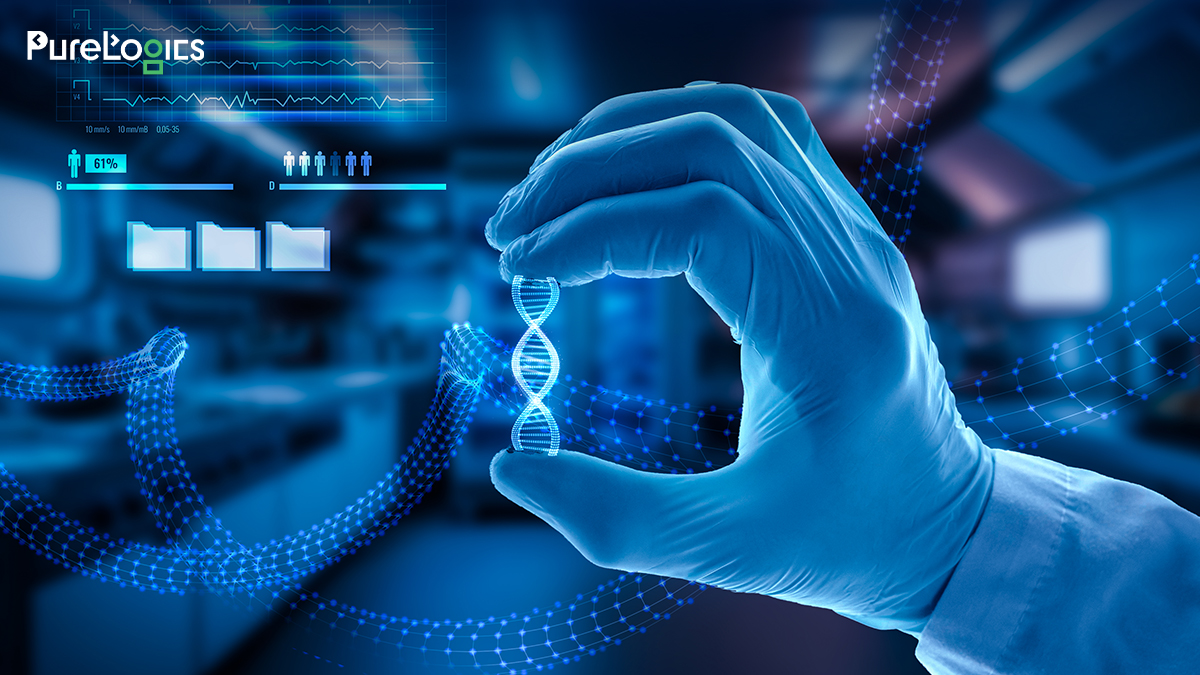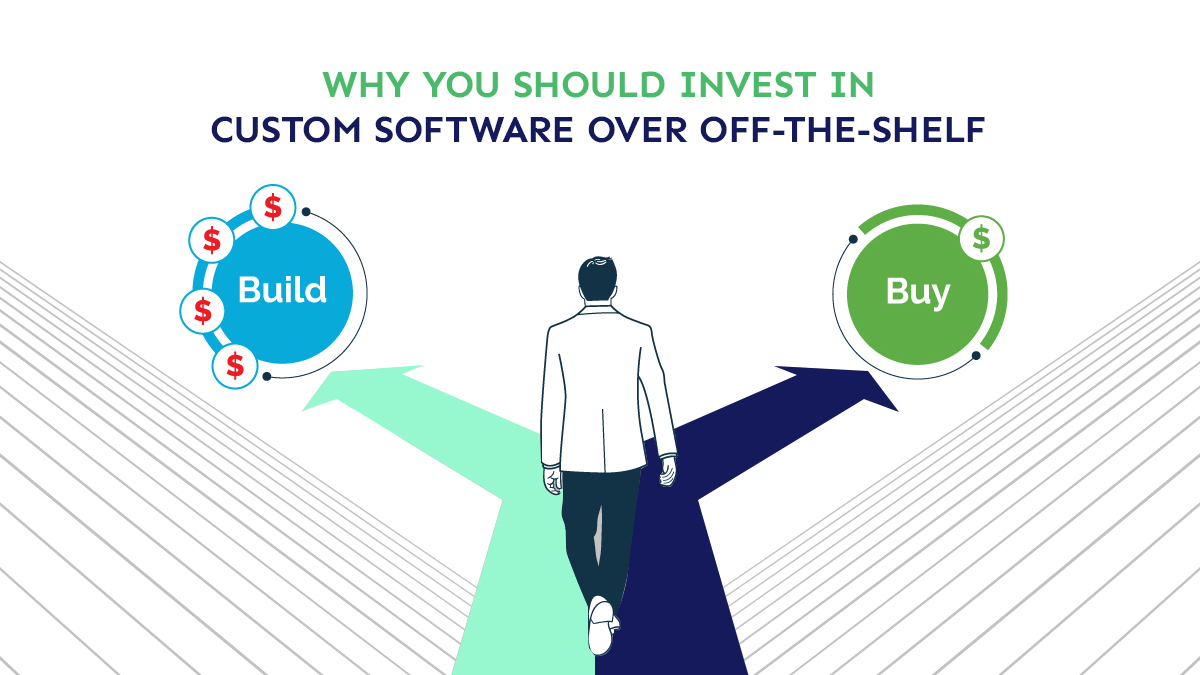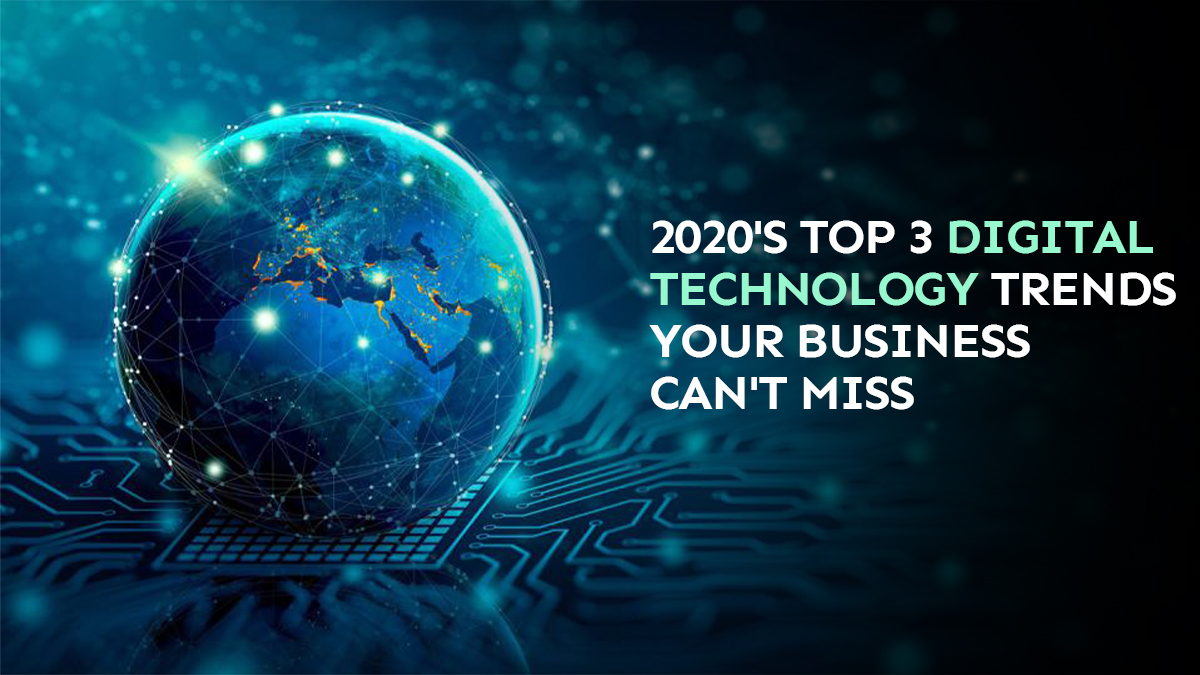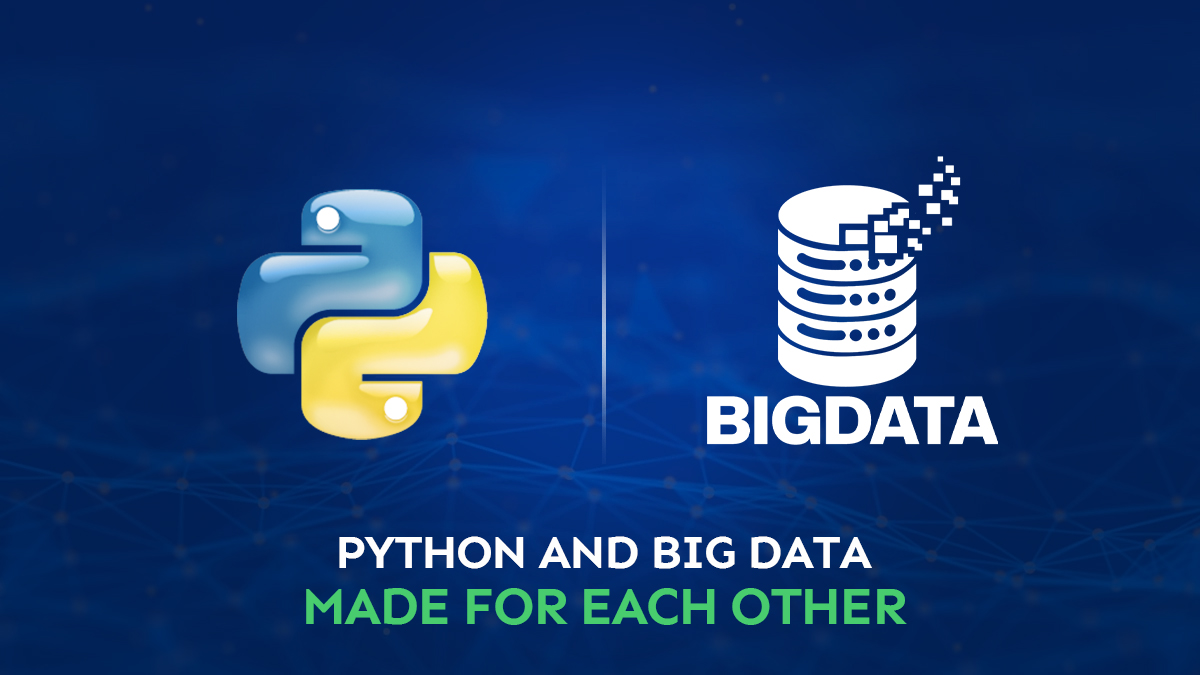According to forecasts of the University of Chicago, in 2020 the number of experts in the field of information technology in the US healthcare industry will increase by 21%. And this growth will occur in all sectors of the healthcare industry, which essentially means the accelerated growth of the use of information systems, mobile technology, cloud-based solutions and digital diagnostics.
Here we are the 7 technologies that will shape the development of healthcare in the near future.
Digital Diagnostics
The idea of digital diagnostics has more to do with immediate availability of healthcare facilities for people within the comfort of their home, especially for those who are unable to attend the clinic. This is one of the main topics of digital medicine.
One example of such a diagnosis is a device for carrying out the tests for the diagnosis of cancer HEALTHLOGGER, which, using a small amount of blood, extracts the DNA sample, and with the help of special algorithms evaluates the data (including genetic) for the presence of cancer.
Cloud
Cloud services offer great benefits to health care providers, especially in rural or developing areas, but their use is associated with a greater risk today. According to research at present, 13% of cloud services in healthcare have a high risk of a security breach, and the average level of risk is subject to 77% of such services.
Though the security can be improved with the HIPAA compliance. Make sure the healthcare software you use fulfills the provisions of HIPAA act. The same study indicates that only in the US, healthcare uses 944 cloud service, and 53% of health professional use a minimum of 3 different devices during work.
Ultrafast CT
Last year, GE demonstrated an ultrafast scanner, which can get a complete image of the heart in one stroke. According to the research company, approximately 60% of patients have heart rate above 60 beats per minute, and so it was impossible to properly scan – it is beating too fast. Using the new device of GE, doctors can clearly see certain areas of the heart, which they were unable to see until now.
Handheld Devices
Such devices, presumably, will play an increasingly important role in Healthcare. Sales of fitness trackers and “wearables” in 2014 amounted to about 1 billion. USD. But this is only the beginning. For example, Intel, together with the Foundation Michael J. Fox began to study the applicability of three wearable devices for their ability to detect certain characteristics of Parkinson’s disease.
Currently Intel specialists are comparing these reading devices with clinical data to determine their accuracy and data analysis algorithms for development, which is obtained at a frequency of 300 samples per second.
Medical Informatics
More than half of US hospitals use the same type of electronic medical records, but only 6% of them meet the state criteria. At the same time, according to research by the University of Chicago, 50% money spent on healthcare is lost due to inefficient processes processing these records.
Electronic medical records with the correct building processes and their unification can save big hospitals around 37 to 59 million USD. The US government issued an order last year requiring the installation of the same systems during 2015.
Digital Therapy is important for patients, especially for those who are in need of care at home and cannot come to the clinic. An example of such technology is Well frame, a platform that combines mobile technology with artificial intelligence to provide care for patients after they return home from the hospital.
The developers describe it as a “navigation system for patients.” This is a daily list of patients, as well as diet and exercise tracker, and the algorithm continuously adapts the content based on the information from the patient and the doctor. Now the platform is being tested on patients with cardiovascular, pulmonary and mental illness.
Network & Training
Using mobile technology, it is much easier to use a custom diet or recovery plan. For example, PureLogics has developed personalized learning apps for maintaining physical and mental health, offering procedures that affect sleep, mood, stress, anxiety, and even your appearance. There is a similar system to provide assistance and advice for weight control.
Software to Bring Life to Healthcare
Big data is becoming extremely popular tool for solving various real-world problems, especially in the healthcare industry. Healthcare, which usually evolves very slowly, literally comes to life at the expense of software development, new equipment, cloud systems, applications, and handheld devices.
In the near future, big data will allow healthcare services providers to peep into literally every aspect of their patients’ life. This, in turn is going to help them come up with more informed advice based on your lifestyle and general patterns of living.
Our team at PureLogics has helped many healthcare organizations achieve their goals with innovative ideas and we believe there is still much more to it.


 [tta_listen_btn]
[tta_listen_btn]
 November 2 2016
November 2 2016





